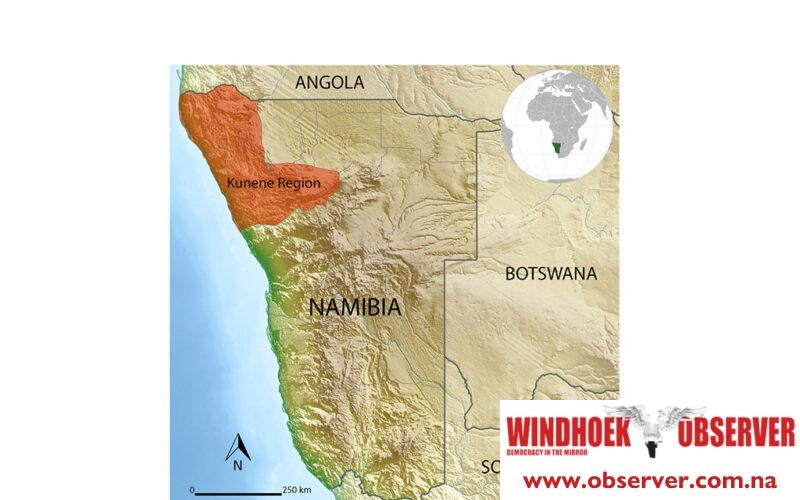Niël Terblanché
Residents of Namibia’s Kunene Region have voiced strong support for the establishment of a new region in northwestern Namibia, calling for the division of the current Kunene Region into two separate entities.
This proposition was presented during recent public hearings conducted by the Boundaries Delimitation and Demarcation Commission, reflecting a collective desire to enhance administrative efficiency and local governance.
The residents propose splitting the current Kunene Region into two parts, naming one Kunene and the other Welwitschia Region.
The belief that a more focused and localised governance structure would better serve the needs of the community and improve service delivery forms the basis of this significant change.
Residents felt that the creation of a new Welwitschia Region would not only provide a more manageable administrative structure but also facilitate targeted development initiatives and improve resource allocation.
The public hearings conducted by the Boundaries Delimitation and Demarcation Commission have provided a platform for residents to voice their concerns and aspirations.
The next steps involve a thorough review of the proposals and their potential impact on the region’s governance and service delivery.
As the Boundaries Delimitation and Demarcation Commission considers these proposals, it is clear that the residents of the Kunene Region are committed to shaping a future that better meets their needs and enhances their quality of life.
They proposed several changes to the constituency boundaries within Kunene in addition to the proposed regional division.
Notable among these were suggestions to modify the boundaries of the Khorixas, Epupa, Opuwo Rural, and Outjo constituencies.
One key proposal is to transfer Ombika and Okaukuejo from the Uvidhiya Constituency in the Oshana Region to the Outjo Rural Constituency in Kunene.
The residents of Outjo are particularly vocal about the need for this change.
Outjo councillor Johannes Bapello argued that dividing Outjo into two constituencies would significantly enhance service delivery, reflecting a broader sentiment among residents for more responsive and effective local governance.
Other proposals include incorporating Omutambo Womawe and its surrounding villages into the Opuwo Urban constituency, as well as reassigning Anderson Gate to the Sesfontein constituency.
Residents in these areas view these changes as crucial steps toward improved administrative alignment and service access.
The proposals reflect a broader movement among Kunene residents for greater autonomy and more effective governance.




